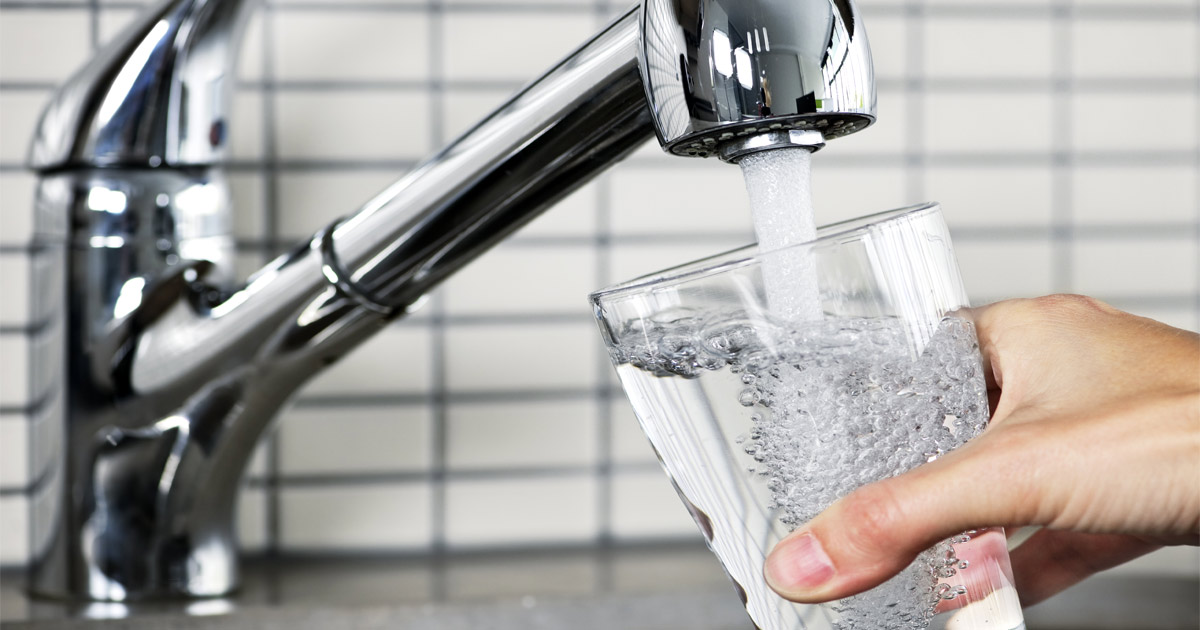MENU
- Home
- Overview
- Attorneys
- Practice Areas
- Firm News
- Blog
- Contact

Even in America, some kids and adults may have trouble finding access to drinkable water. Named National Water Quality Month more than a decade ago, August provides the opportunity to recognize the importance of fighting against water contamination and its potential effects.
When people think about water systems, they often picture clear, fresh water running through streams. The water makes its way downward into municipal water systems and wells, supplying everyone with water for drinking, bathing, cleaning, and recreational activities. However, water can come from different sources, including the watershed and runoff.
Any water that makes its way into the sewers and water table comes from the watershed. That means that watershed can originate from countless sources. When someone in a residential neighborhood washes a car in a driveway, the dirty, sudsy water mixed with oils and debris drains into the nearby sewer. The water then moves into a local treatment facility where all the contaminants it contains must be removed using specific processes and equipment.
Watershed water can also include any water that goes down residential and commercial drains and plumbing pipes, including waste from bathrooms, kitchens, and laundry sinks. Since this water contains many different types of unwanted additives and even toxins, it needs to be purified before it can be usable again.
It may seem logical to think that polluted water can simply be treated at water treatment facilities. Yet, not all water treatment works to completely rid water of contaminants, such as mercury, arsenic, e-coli, chlorine, pesticides, radioactive items, and lead.
Federally mandated, Water Quality Standards, the Safe Drinking Water Act, and the Clean Water Act exist to inform water treatment facilities about how much of each contaminant may be present in potable water. However, testing can be inconsistent. Plus, people who rely upon untreated well water can end up consuming contaminated water.
Drinking water that includes chemicals, toxins, and unhealthy quantities of normally present contaminants can lead to a variety of health issues in humans and household animals.
Some common early and short-term responses to drinking polluted water may include diarrhea, a general feeling of nausea, fatigue, vomiting, and headaches. Long-term consumption of water that has been polluted has been linked to increased risk of birth defects in infants, Hepatitis A, some cancers, and other serious, chronic, and irreversible medical conditions.
Any consumer can help keep water quality cleaner and free from pollutants by taking a few key steps. The first is to avoid putting anything in the drain or flushing it down the toilet if it does not belong there, such as over-the-counter medicines and prescription pharmaceuticals. Secondly, pet owners should always clean up any animal waste and dispose of it properly in the trash.
Next, children and adults can make wise choices about the cleaning supplies they choose, opting for ones that will have less of an impact on the environment. Finally, everyone can take steps to avoid dumping any kind of garbage on the street or in the woods where it could make its way into a water supply.
Clean water is necessary for life, and the average person relies on having around 80 gallons per day for consumption and personal hygiene purposes, among other uses. August is a reminder to keep water pollution at a minimum, so that everyone can ensure that water systems are healthier.
Are you experiencing health problems because of contaminated water? If so, contact one of our experienced Delaware water contamination lawyers at Jacobs & Crumplar, P.A. today. We help clients impacted by dangerous water systems. Call us at 302-656-5445 or complete our online form for a free consultation. Located in Wilmington and Millsboro, Delaware, we serve clients throughout Dover, New Castle County, and Sussex County.